The nervous system is a complex, highly specialized network that manages and organizes us, From sight to smell and even walking. The human body’s most important job in life is seeing what you’re doing or where your next step will lead before taking it. Suppose something goes wrong with any part of this neurological web that controls every movement on an unconscious level. There can be consequences of neurological disorders that affect millions each year without them knowing why at first glance because many symptoms are similar across different types.
Many don’t know they have a neurological disorder until it’s too late! Here we will discuss common symptoms and ways to identify them if you think your loved one may be experiencing any cognitive problem or issue like weakness in the arms/legs. So, Let’s discuss the most common neurological disorders we see and critical ways to identify each one.
Headache
Headaches are one of the most common neurological disorders—and there’s a variety of different kinds, from migraines to cluster headaches. When it occurs repeatedly, then this indicates that you should see your doctor as it could be a symptom of an underlying condition like tension-type or migraine headache disorder, which isn’t life-threatening but still debilitating in nature due to its chronic pain properties.
The good news is today’s treatments offer great help with these painful conditions. For example, suppose you experience frequent headaches that come without any underlying disease. In that case, we can prescribe medication to ease your pain while looking into other possible factors such as stress levels to determine what precisely may be causing them
Strokes
A stroke is a medical emergency that can have life-threatening consequences. It occurs when blood flow to the brain becomes obstructed, causing tissue damage and possible loss of consciousness or permanent disability. Fortunately, there are many interventions today which will hopefully save you from having these severe outcomes.
Stroke victims should make sure they maintain healthy habits to avoid a second stroke. That includes exercising 30 minutes per day, five days out of 7 with some form of physical activity or exercise like jogging stroke risk for people who have had one are high-risk due to having heart problems that could lead them into another medical emergency like this it depends on your case more than anything else. Hence, we take care of what happens next by giving medication, including blood thinner medications, drugs used to treat underlying illnesses, and general guidelines when taking these kinds of pills: eat lots of fruits and vegetables and limit processed foods.
Dementia
Dementia is a general term used to describe any condition affecting memory and thinking (cognition) that’s beyond what would be expected from normal aging. Indeed, as people age, their memories will inevitably decline. Still, in some cases, this degenerative process may proceed at such an accelerated rate due to certain factors like head trauma or neurodegenerative disease – leading them toward dementia symptoms.
Demented patients often require help with day-to-day activities because they are unable for themselves without assistance, sometimes even going so far as needing constant caretakers through medication compliance nurses, etcetera. Most forms of dementia aren’t curable; however, there are steps you can take before it’s too late!
Sundown syndrome
Sundown syndrome is a disorder that can occur in people with dementia as the day progresses. Symptoms of sundown syndrome, like confusion and Hallucinations, are usually at their worst late in the afternoon or early evening hours when it becomes dark out.
For example, they might think aliens are taking over, hallucinations such as hearing voices commenting on what you’re doing right now, confusion about where things should be located like furniture. This leads to some patients who start coherently losing their way within an hour after sundown because these cognitive difficulties combine, leading to wandering behaviors.
Seizures
A seizure is an uncontrolled electrical disturbance that can cause changes in your behavior, movements, or feelings. Attacks come from one part of the brain and affect how you feel and what actions are taken because they interrupt normal conscious thought processes for a short time (30 seconds-2 minutes).
It’s essential to see your doctor if you’ve had a seizure. Early treatment and medication can control seizures, which will help avoid complications such as long-term memory loss or brain damage in the future. A person with epilepsy may also have them due to alcohol abuse or withdrawal, head trauma causing an area of bleeding near their brains.
Mild Cognitive Impairment
Mild cognitive impairment (MCI) is a condition with memory or cognitive (thinking) changes that are more severe than normal aging but less so than dementia. Individuals who suffer from mild Cognitive Impairment may show apparent alterations from what was previously known about the patient’s personality and daily habits yet remain independent enough for basic needs like eating food or speaking clearly at home without assistance from others when necessary.
Mild cognitive impairment (MCI) is the first stage of Alzheimer’s disease. People with this condition have several symptoms, including forgetting more often than they used to and difficulty finding one’s way around unfamiliar places or learning new tasks. They may also experience feelings such as being overwhelmed which were not present before their diagnosis for MCI theory which helps explain how people can develop early pre-Alzheimer’s dementia.
To Conclude
The symptoms of many neurological disorders are vague and difficult to diagnose. If you’re living with an undiagnosed condition, make sure that your doctor has all the right tools for diagnosis so they can provide treatment when necessary. It’s very important to consult a doctor in any of the symptoms shared above.

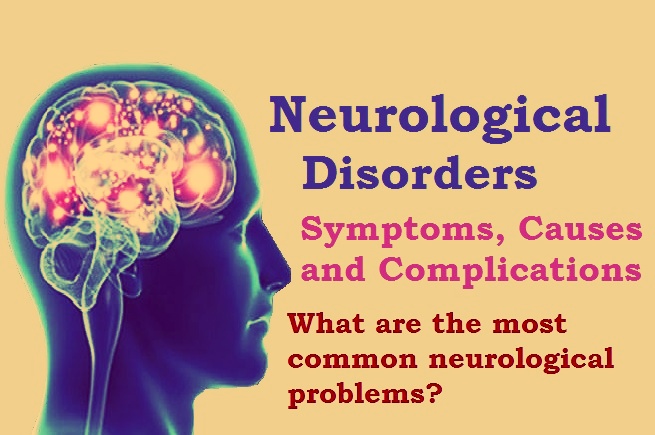
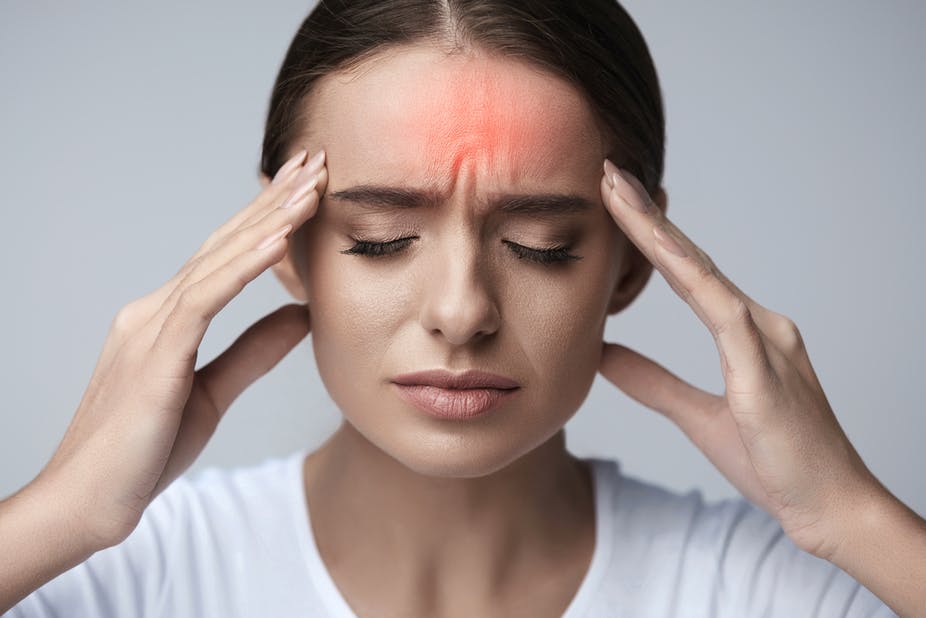
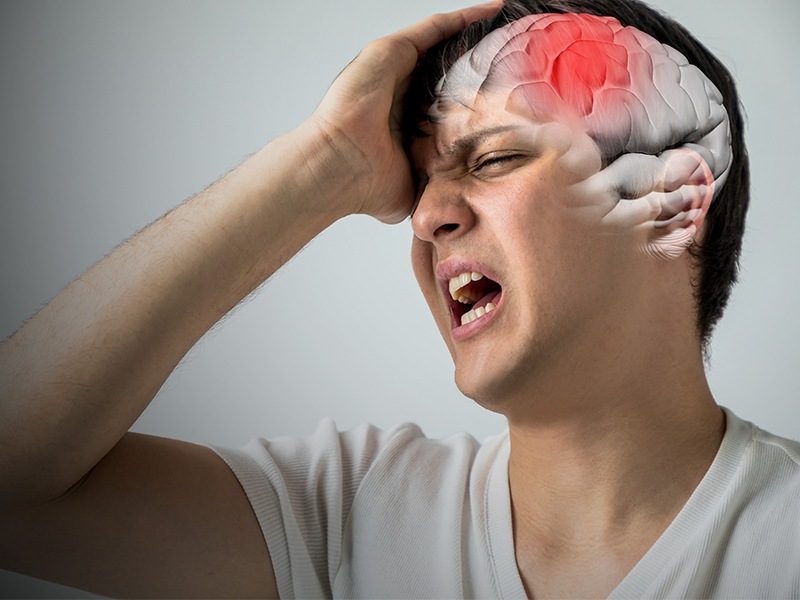

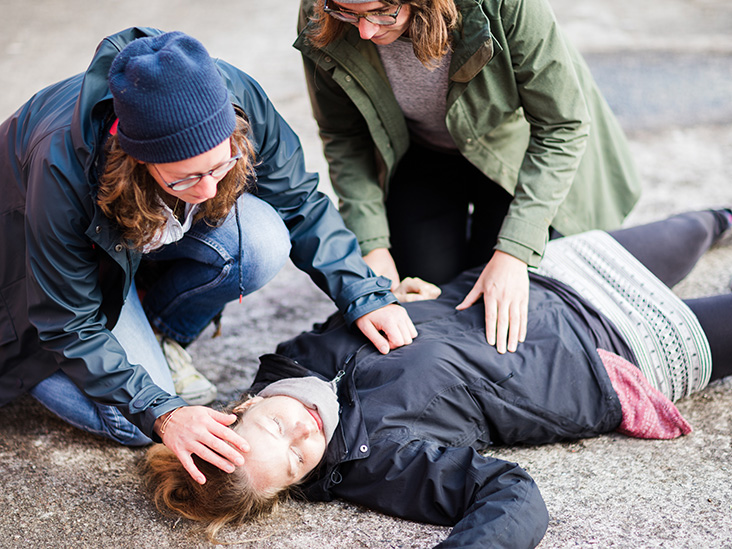

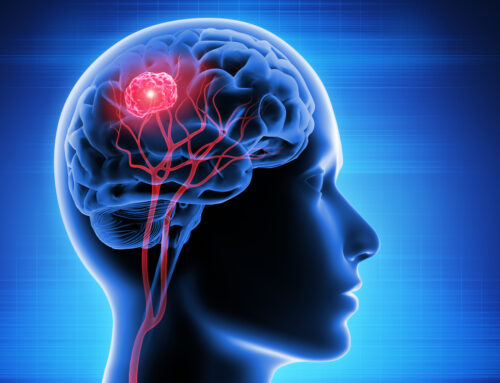
Leave A Comment